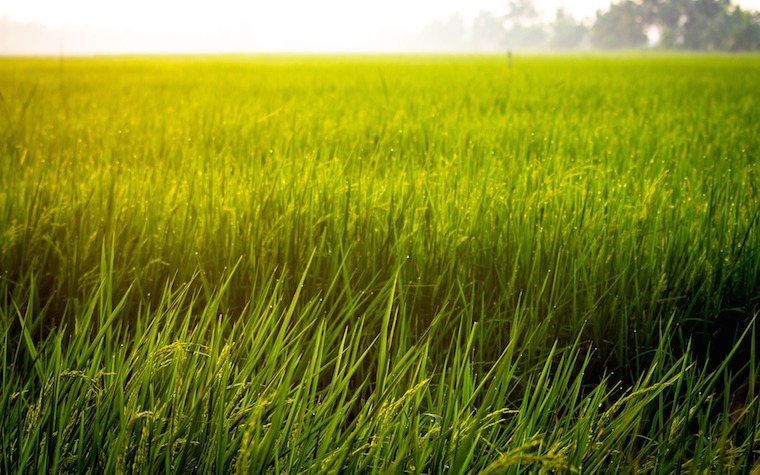University of Arkansas doctoral candidate
Roslina Ali is researching the policies surrounding rice production in her
native country, Malaysia, which has set a goal of becoming entirely self-sufficient in
rice production by 2030.
"Rice farmers in Malaysia have
received substantial government subsidies," Ali said. "An increased
demanded for rice production has augmented government costs and expenditures,
making it more economical to import rice than to grow it locally … I am trying to
determine if it would be more beneficial, both economically and socially, for
the government to reallocate resources, including rice subsidies, to other
crops or commodities with a more competitive, comparative and sustainable
advantage."
Following the world food crisis of 2008,
which saw rice shortages in Malaysia due to export restrictions in other
countries, the government decided in 2010 to set the self-sufficiency goal.
The
country currently produces approximately 60 percent of its rice. Ali
believes the country is unlikely to meet its target, but she plans to help however she can.
"This research is a crucial
contribution to the Malaysian government, driving a way forward through policy
sequencing strategies for the Malaysian rice sector and agricultural economics," Ali said. "It is such a pleasure to be involved in it, and I really hope
to contribute more to my government -- especially in research and policy
areas."
University of Arkansas doctoral candidate studying Malaysian rice production


 Alerts Sign-up
Alerts Sign-up